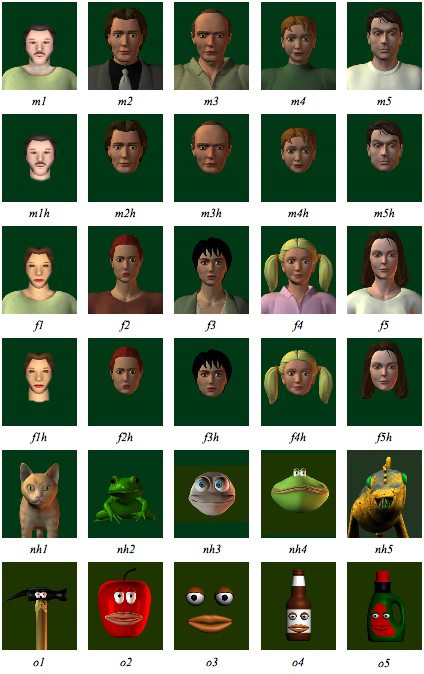“The Kingdom of Women”
I thought I would post about the group I’m representing/studying for the second set of panels, the Mosuo women (and culture in general) found mostly Yunnan and Sichuan, clustered around Lugu Lake. Their society, in which women control property, and determine lines of inheritance, has been variously described by outside observers, ethnographers, and anthropologists as matriarchal, matrilineal, and based upon free love. The free love aspect comes from what the Mosuo call “Walking Marriages” in which a man does not live with his lover (even if they have children together) and instead continues living with his family and simply visits. It is less of an emphasis on free love or sexual freedom in a “Western” sense than it is an extreme loyalty to the familial unit, which is anchored by a female head.
The Mosuo way of life has been described recently as threatened by both tourism from more cosmopolitan areas of China, which includes businessmen on vacation vastly reinterpreting the concept of a “walking marriage” and from those who choose to have a “traditional” Chinese marriage in which the woman goes to live with her husband’s family and becomes part of it, instead of retaining her own familial identity.
I was interested to think about the influence of the invasion of “modern” technologies as well as how economic and political technologies function. The claim that the Mosuo society is matriarchal has often been disputed by those who point to the fact that political power still rests in the hands of men, as well as those who cite how matrilineal familial structures were used in the past to perpetuate a society based on a very rigid class structure.
Some Links: a National Geographic Video on the Mosuo. The Lugu Lake Mosuo Cultural Development Association. Information from a PBS frontline special on the Mosuo.

Comments are closed.